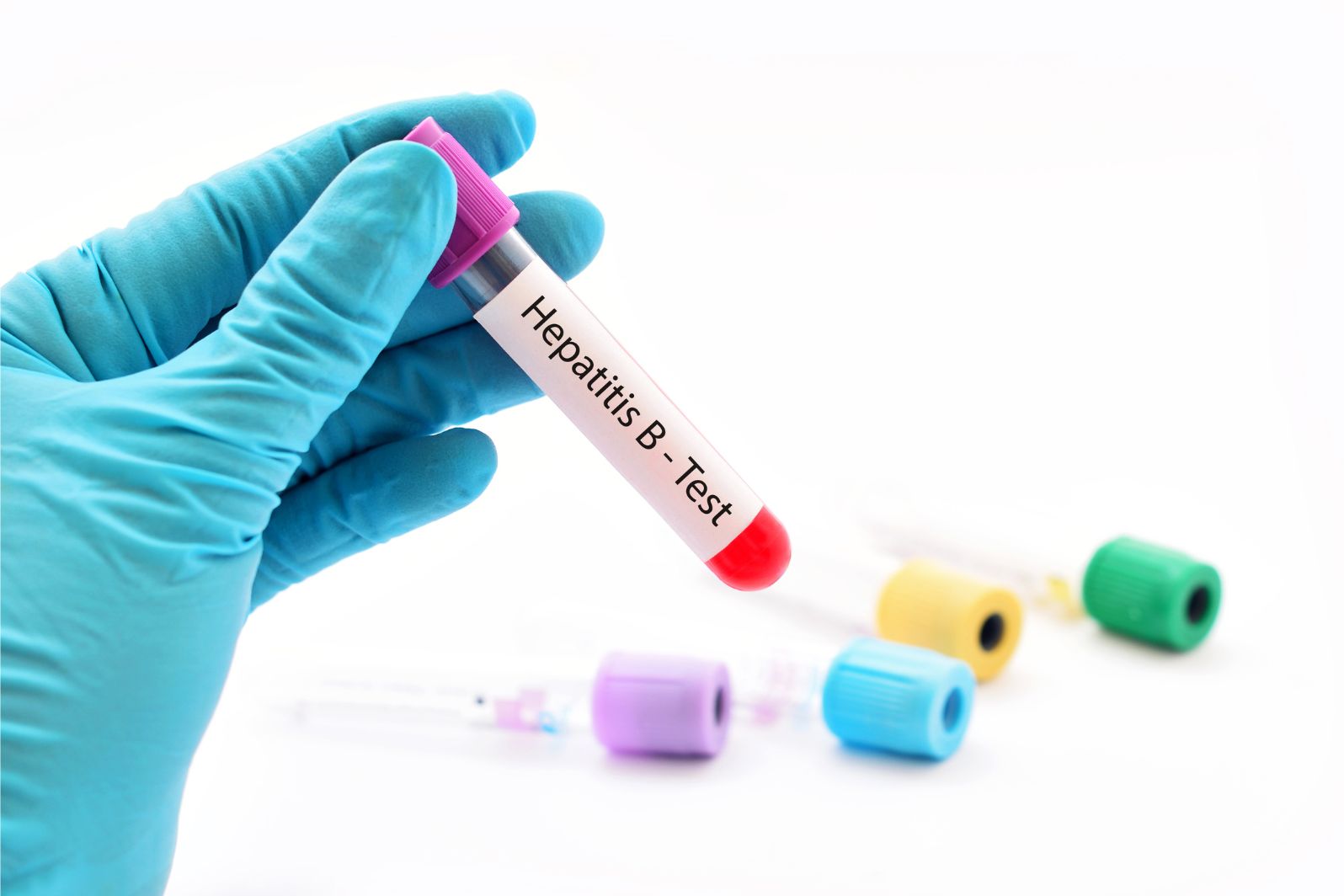Hepatitis B is a viral infection that affects the liver and poses a significant public health challenge worldwide. According to the World Health Organization (WHO), an estimated 257 million people are living with chronic hepatitis B infection, and it remains a leading cause of liver-related morbidity and mortality. Early detection and accurate diagnosis of hepatitis B are crucial for effective management and prevention of further transmission.HBsAg blood test plays a pivotal role in the diagnosis of hepatitis B, and its importance cannot be overstated. In this article, we will explore the significance of HBsAg testing in hepatitis B diagnosis and the impact it has on patient care and public health.
Understanding Hepatitis B Surface Antigen (HBsAg)
Hepatitis B Surface Antigen (HBsAg) is a protein present on the surface of the hepatitis B virus. It is the first serological marker to appear in the blood when a person is infected with the virus. HBsAg testing involves the detection of this antigen in a patient’s blood sample. If HBsAg is detected, it indicates an active hepatitis B infection, either in the acute or chronic phase.
1. Early Detection of Hepatitis B Infection
One of the most significant advantages of HBsAg testing is its ability to detect hepatitis B infection at an early stage, even before symptoms manifest. In many cases, individuals with hepatitis B may not experience any noticeable symptoms for an extended period. This can lead to delayed diagnosis and an increased risk of severe liver damage. However, with HBsAg testing, healthcare providers can identify infected individuals promptly and initiate appropriate medical interventions. Early detection allows for better management of the infection, reducing the risk of complications and improving patient outcomes.
2. Distinguishing between Acute and Chronic Infections
HBsAg testing is instrumental in distinguishing between acute and chronic hepatitis B infections. In acute cases, HBsAg is present in the blood for a limited period, usually a few weeks to a few months, before it is cleared by the body’s immune response. Most individuals with acute hepatitis B will recover completely without long-term consequences. However, if HBsAg persists in the blood for more than six months, it indicates a chronic infection. Chronic hepatitis B requires ongoing monitoring and medical management to prevent progression to liver cirrhosis, liver failure, or hepatocellular carcinoma (liver cancer).
3. Monitoring Disease Progression
For individuals diagnosed with chronic hepatitis B, regular HBsAg testing is essential for monitoring disease progression and treatment response. The level of HBsAg in the blood provides valuable information about the activity of the virus. A declining HBsAg level over time may indicate a positive response to antiviral therapy, while an increasing HBsAg level may signal disease reactivation or development of drug resistance. By closely monitoring HBsAg levels, healthcare providers can make timely adjustments to the treatment plan, ensuring the most effective management of the infection.
4. Assessing Immune Status
HBsAg testing is also utilized to assess an individual’s immune status to hepatitis B. After recovering from an acute infection or receiving the hepatitis B vaccine, the presence of HBsAg in the blood should no longer be detectable. Instead, the individual should develop antibodies against HBsAg, known as anti-HBs. This serological conversion indicates immunity to hepatitis B, either through natural recovery from a past infection or successful vaccination. Knowledge of a person’s immune status is crucial in determining whether they require vaccination or if they are already protected against future hepatitis B infections.
5. Preventing Mother-to-Child Transmission
Pregnant women with chronic hepatitis B can potentially transmit the virus to their newborn during childbirth. HBsAg testing during pregnancy allows for the identification of infected mothers, enabling healthcare providers to take necessary precautions to prevent mother-to-child transmission. Timely administration of hepatitis B immunoglobulin (HBIG) and vaccination to the newborn within hours of birth significantly reduces the risk of transmission. This preventive measure has proven to be highly effective in reducing the incidence of hepatitis B in infants born to infected mothers.
Conclusion
Hepatitis B remains a significant global health concern, affecting millions of people worldwide. Hepatitis B Surface Antigen (HBsAg) testing plays a critical role in the diagnosis and management of this viral infection. Its importance lies in its ability to facilitate early detection of hepatitis B, distinguish between acute and chronic infections, monitor disease progression, assess immune status, and prevent mother-to-child transmission. By leveraging the power of HBsAg testing, healthcare providers can implement timely interventions, improve patient care, and contribute to global efforts in eradicating hepatitis B. Public health initiatives that prioritize widespread HBsAg testing and vaccination can potentially save millions of lives and reduce the burden of hepatitis B on society. As we continue to fight against this global health challenge, HBsAg testing remains an indispensable tool in our arsenal for a hepatitis B-free future.


